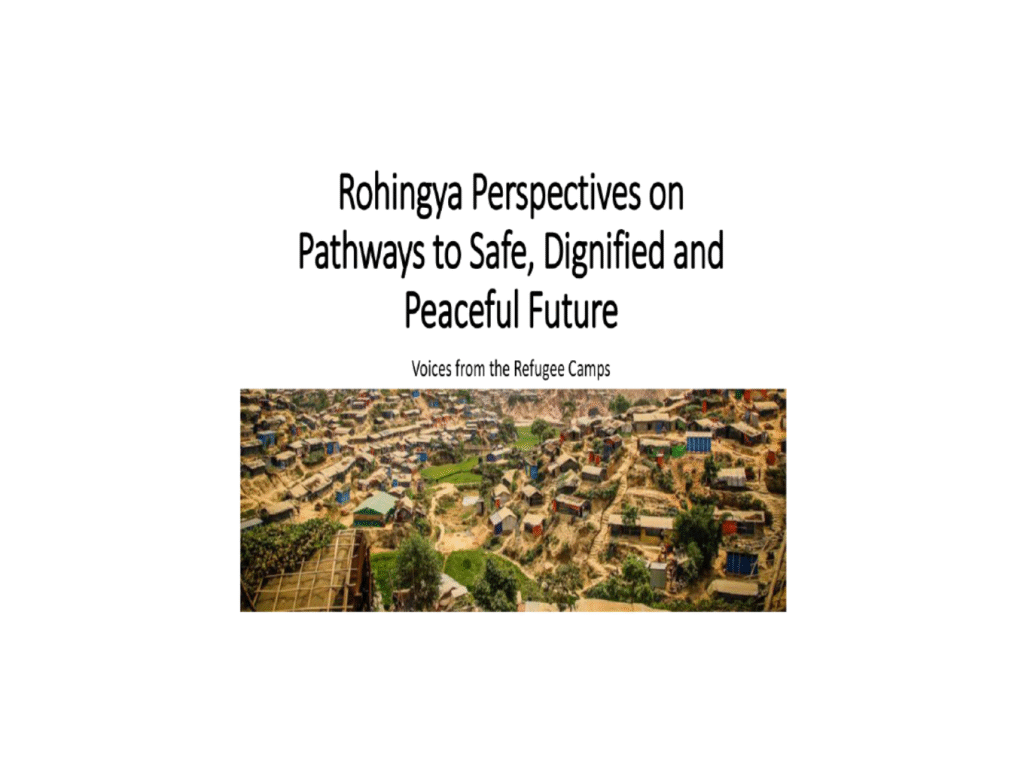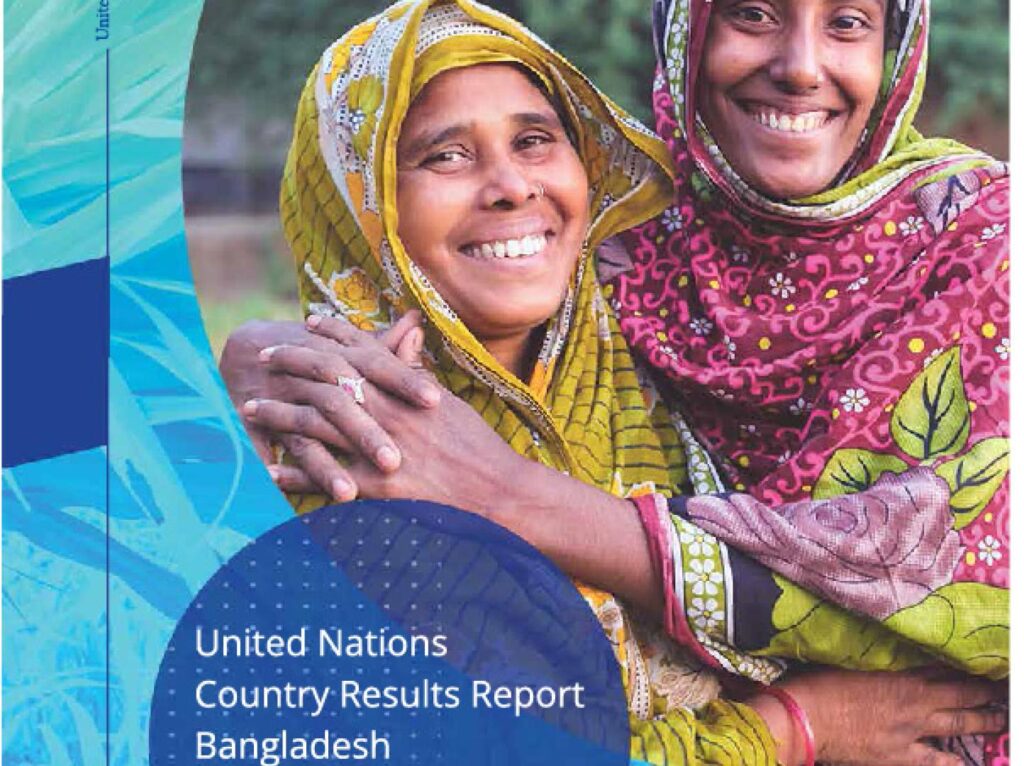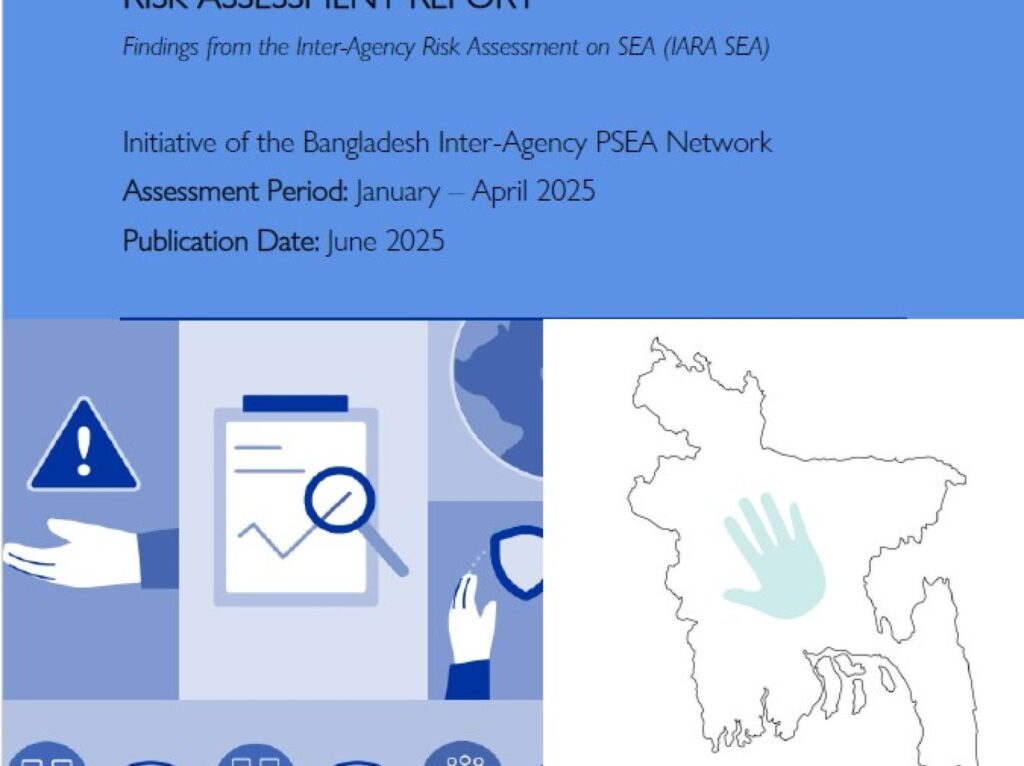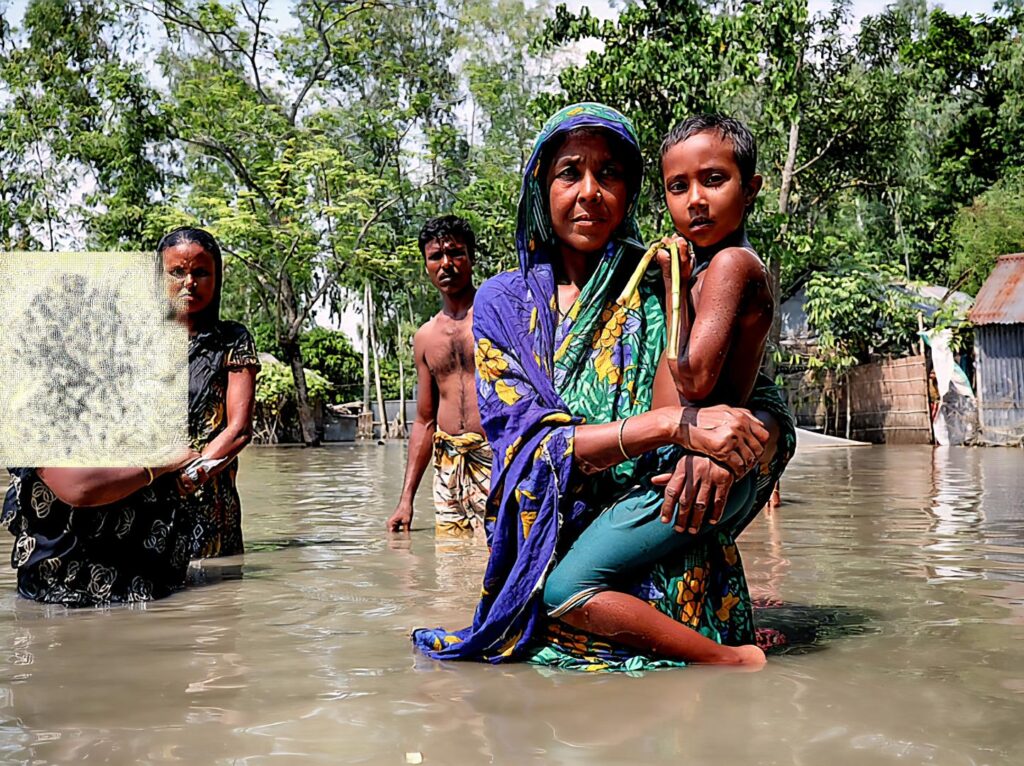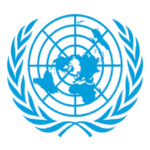Unpaid Household Production Satellite Account of Bangladesh
In 2021, UN Women and the Bangladesh Bureau of Statistics- the country’s National Statistics Office- conducted Bangladesh’s first comprehensive time-use survey. The findings revealed a stark reality: women spend seven times as much time on unpaid domestic and care work as men. The backbone of families, communities, and the economy, such work is largely unrecognized, undervalued, and unremunerated. Unpaid domestic and care work also remains excluded from economic statistics and policy discourses. Valuing the time spent on these unpaid activities is a standard outcome of time-use surveys- and the economic valuation of unpaid domestic and care work-is typically achieved by developing a satellite account for unpaid household work. This report shines a light on the economy’s invisible dimension- unpaid domestic and care work- and helps make women’s contributions more visible by assigning a monetary value to this labour. The report was prepared by UN Women and the Bangladesh Bureau of Statistics, with technical assistance from the Asian Development Bank as part of Women Count, UN Women’s global gender data programme.

